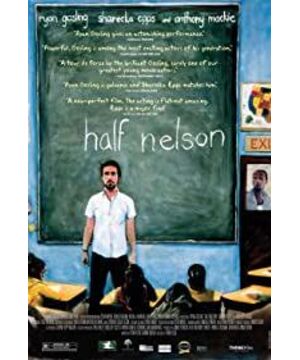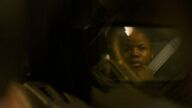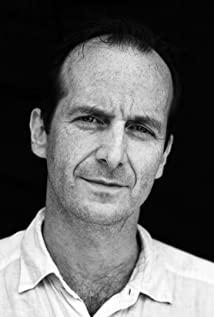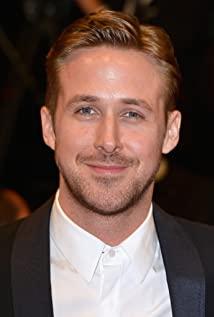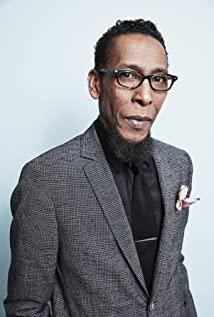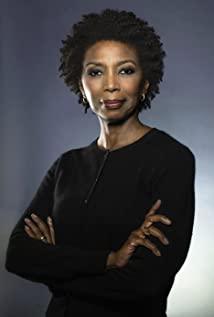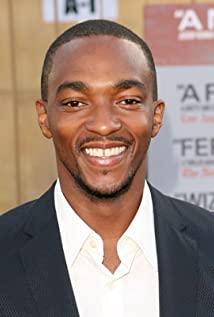Dan's life becomes more entangled with Dray's intrusion. Dray, a black schoolgirl, had no father since she was a child, her brother was imprisoned for drug trafficking, and her mother was unable to take care of her because of her heavy work. She just wanted to earn a little pocket money by selling drugs, but Dan angrily stopped her. In this way, Dan and Dray had a deeper communication in the classroom. But the film is also adequate, and the relationship between teachers and students is ambiguous. Emotions are also complex, and this complexity stems from the simplicity of human nature - it is independent of all acquired classes, races, identities, and so on.
Dan and Dray are two very different people, and if Dray hadn't stumbled upon her teacher's drug use, there might not be such a story. I think it is problematic to explain this story with love. The relationship between them is not as simple as love, and it is not as complicated as love. The only thing the two have in common is loneliness. They are also helpless in the face of the complicated life, no one understands, nowhere to talk, and no escape. There are also comments that they are two people who redeem each other. I think that when two lonely souls are together, they can only warm and care for each other, and there is no salvation at all. At the end of the film, Dray brings drugs to Dan, and the two tacitly agree. Strong people save themselves, great people save others, and Dan and Dray are just two ordinary people.
I was very confused about the title of the film, and I checked the information to find out that Half Nelson is the action term for wrestling. I think the director is using this as a metaphor for a state of stalemate, a struggle for which there is no visible result for the time being. This is also in line with the atmosphere of the whole film. The gushing out emotions are very restrained, like the undercurrents under the calm sea and the molten lava tumbling in the crater. The film has always been straightforward: the overlapping of shots, the dodging of eyes, the wandering of language, the obscurity of expressions... Drugs, ethics, human nature, emotion, race, civil rights, these elements are constantly interspersed and elusive. There is no particularly shocking so-called climax in the whole play, just like a driverless train, without acceleration or deceleration, it just runs along the rails and goes with the flow. The film offers a great way to explain life - it's a challenge to try to explore the dialectics of life. The director interprets life from a dialectical point of view everywhere, but he is very clear that many specific issues cannot be explained clearly, such as human nature and feelings. These are destined to blur the outline of the film.
Dialectics can explain many things that are the unity of opposites, but life can never be as clear as a coin. Life is never pure color, either black or white, but ambiguous gray. It has its own pattern, and we can only copy it. What is the best way? Does this movie have any real meaning to life? It's a matter of opinion.
View more about Half Nelson reviews


